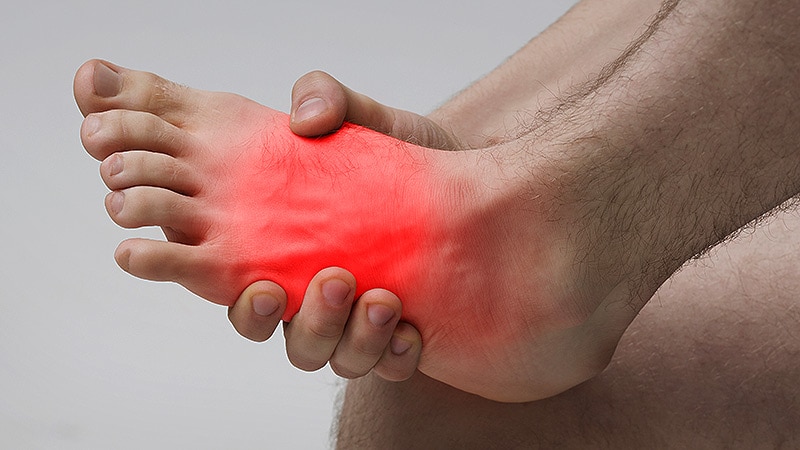Eddy Edson
Well-Known Member
- Relationship to Diabetes
- Type 2

Novel Treatment Offers New Hope for Peripheral Neuropathy
Using principles of quantum mechanics and physics, a new therapeutic modality successfully treats painful peripheral neuropathy through improved blood flow and nerve regeneration.
In a little experimental study.
Combined electrochemical treatment (CET), a technique that uses local nerve blocks in conjunction with electric cell signaling, regenerates nerve fibers and significantly reduces pain for patients with peripheral neuropathy, early research suggests.
Five of six patients with objectively diagnosed painful peripheral neuropathy (PPN) who were treated with CET over a 6- to 12-week period experienced a 100% increase in nerve density. Pain scores were reduced by 90%, and the treatment was also associated with a 74% improvement in physical function.
"When I see patients with peripheral neuropathy, I tell them there are three treatments," study investigator and neurologist Peter M. Carney, MD, who is in private practice in Elkhart, Indiana, told Medscape Medical News.
Sounds good ... too good, maybe.

